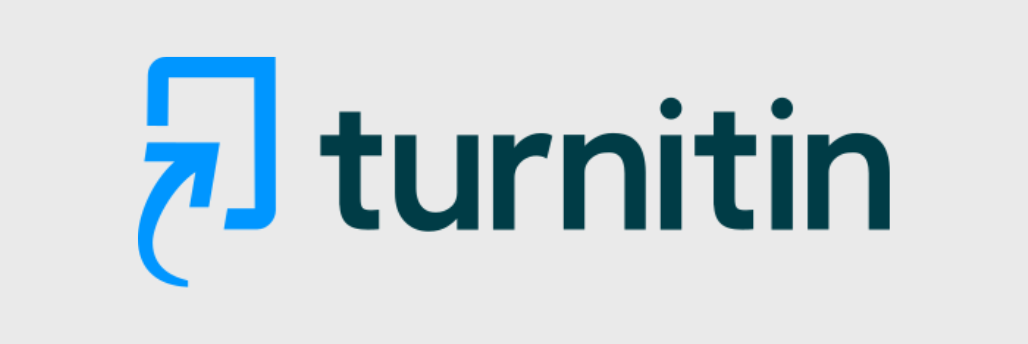CORRUPTION AND ECONOMIC STAGNATION IN SOUTHEAST ASIA: A LEGAL REVIEW OF THE RELATIONSHIP BETWEEN GOVERNANCE FAILURE AND ECONOMIC GROWTH
Keywords:
Corruption, Governance Failure, Economic Stagnation, Economic Law, Southeast AsiaAbstract
Corruption remains a persistent structural issue that continues to plague the governance system in the Southeast Asia region. The high level of corruption has had a profound impact on governance, directly contributing to economic stagnation in several countries. This study aims to analyze the relationship between governance failure due to corruption and economic stagnation in Southeast Asia and to evaluate the role of law in addressing this issue. This study employs normative and empirical legal methods, utilizing a legislative, comparative, and case study approach. Data were obtained through literature studies and documentation of laws and regulations, the Corruption Perception Index (CPI), governance indicators, and regional macroeconomic data. The study’s results indicate that governance failure in Southeast Asia is characterized by weak legal supremacy, low bureaucratic accountability, and ineffective anti-corruption institutions, all of which have a direct impact on the investment climate, national productivity, and long-term economic growth. Although most countries in the region have anti-corruption regulations, their implementation remains weak due to political interference and inequality in the judicial system. Therefore, progressive legal reform, strengthening of anti-corruption institutions, and harmonization of ASEAN anti-corruption regulations are important agendas in promoting clean governance and sustainable economic growth
References
Ahmad, H. (2019). Governance and economic growth: Evidence from selected ASEAN countries. Malaysian Journal of Economic Studies, 56(2), 251–272. https://doi.org/10.22452/mjes.vol56no2.7
Badan Pemeriksa Keuangan Republik Indonesia. (2023). Ikhtisar hasil pemeriksaan semester II tahun 2023. BPK RI.
Damanik, E. (2022). Political corruption and governance failure in Southeast Asia: A comparative study. Asian Journal of Comparative Politics, 7(3), 309–328. https://doi.org/10.1177/20578911221104732
Firdaus, M., & Fauziyah, N. (2022). Efektivitas lembaga antikorupsi di Asia Tenggara: Perspektif hukum tata negara. Jurnal Hukum IUS QUIA IUSTUM, 29(1), 37–60. https://doi.org/10.20885/iustum.vol29.iss1.art3
Irawan, T., & Wahyudi, S. (2020). Korupsi dan pertumbuhan ekonomi di Asia Tenggara: Analisis panel data. Jurnal Ekonomi dan Kebijakan Publik, 11(2), 145–160. https://doi.org/10.22212/jekp.v11i2.1564
Mungiu-Pippidi, A. (2015). The quest for good governance: How societies develop control of corruption. Cambridge University Press.
OECD. (2022). Integrity for good governance in Southeast Asia: Reform strategies. OECD Publishing. https://doi.org/10.1787/9789264503423-en
Robi, M. A., & Noor, I. (2021). Corruption, economic growth and institutional quality: Evidence from ASEAN countries. Journal of Asian Finance, Economics and Business, 8(1), 173–182. https://doi.org/10.13106/jafeb.2021.vol8.no1.173
Setiyono, B., & McLeod, R. H. (2018). Civil society organisations’ roles in the fight against corruption: The case of Indonesia. Asian Politics & Policy, 10(1), 147–165. https://doi.org/10.1111/aspp.12353
Transparency International. (2024). Corruption perceptions index 2024. https://www.transparency.org/en/cpi/2024
United Nations Development Programme. (2020). Fighting corruption in Southeast Asia: Regional analysis and policy options. UNDP.
United Nations Office on Drugs and Crime. (2021). United Nations convention against corruption: Implementation review. UNODC.
Widodo, T. (2019). Good governance and economic development in Southeast Asia. Journal of Southeast Asian Economies, 36(1), 1–22. https://doi.org/10.1355/ae36-1a
Wibowo, A. (2021). Hukum pidana korupsi di Indonesia: Teori, praktik dan reformasi. Rajawali Pers.
World Bank. (2023). Worldwide governance indicators 2023. https://info.worldbank.org/governance/wgi/
Downloads
Published
Issue
Section
License
Copyright (c) 2025 Zihar Iftikhar, dedi mulyadi, nazwa sri gina mulyani, cici ana, hasna laksmi utami (Author)

This work is licensed under a Creative Commons Attribution-NonCommercial-ShareAlike 4.0 International License.





